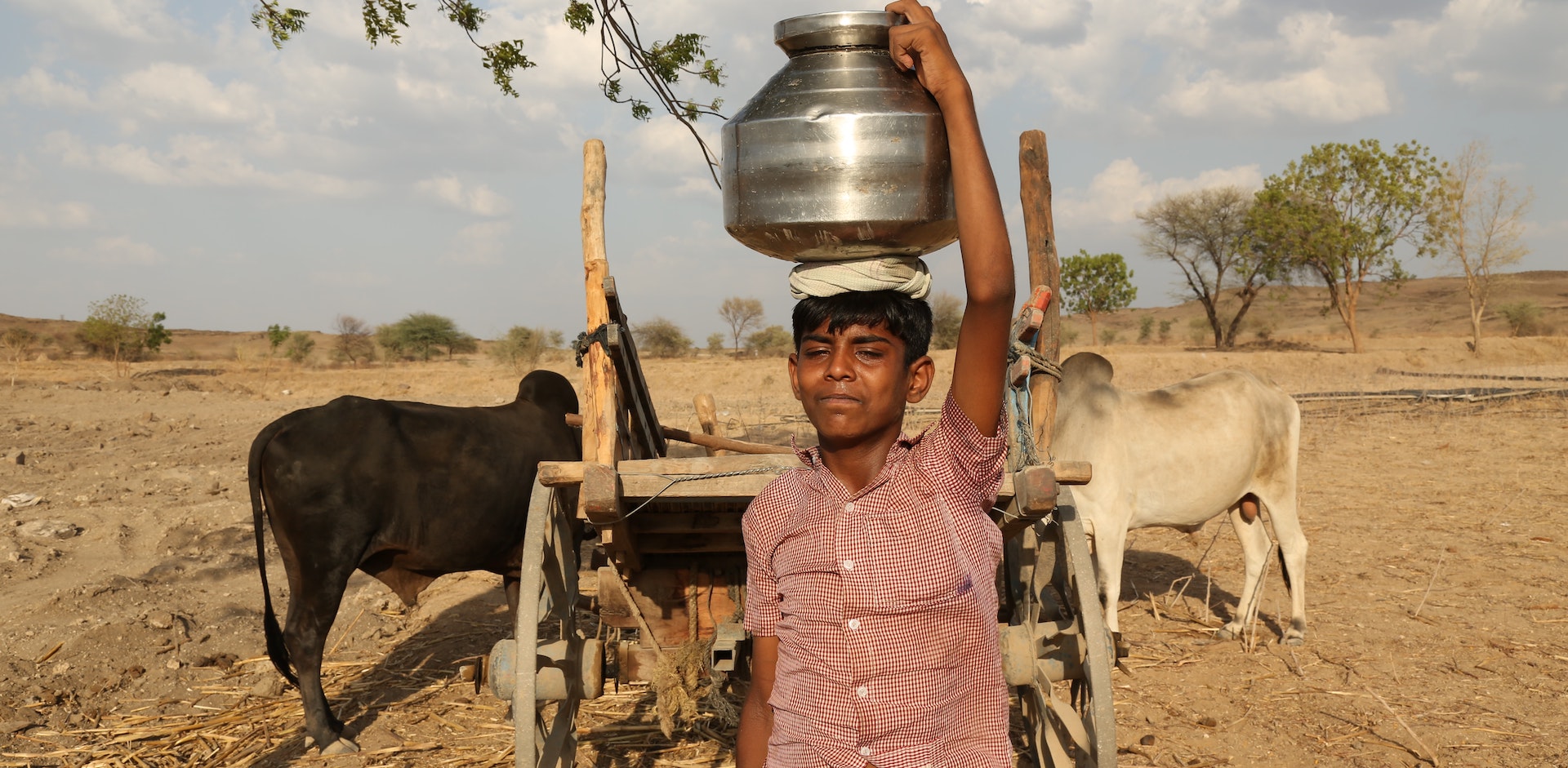The Intergenerational Effects of Market Access: Evidence from Rural India
SHARE THIS

| Reshad Ahsan (University of Melbourne) | |
| Tuesday 8 September 2020 at 11:30 am - 12:30 pm (Hong Kong time, GMT +8) | |
|
Zoom (click to register) |
Close to a billion people today live in poorly connected areas without access to all-weather roads. In response, countries around the world spent 3.75 percent of global GDP in 2015 on improving transport infrastructure. But are these investments likely to be pro-poor? In this paper, we examine the impact of improved road networks on intergenerational education mobility in rural India. To identify the effect of improved road networks, we use exogenous variation in historical railroad infrastructure from the colonial period. Our estimates from both OLS and 2SLS regressions show that better market access due to improved roads raises children's schooling attainment. More importantly, we also find that better market access lowers intergenerational education persistence. That is, improved market access disproportionately raises the schooling attainment of children from underprivileged backgrounds.
About the Speaker
Reshad N Ahsan is a Senior Lecturer in the Department of Economics at the University of Melbourne. Reshad’s research interests are at the intersection of International Trade and Development Economics. His past work has used survey data to better understand the impact of trade liberalization on unemployment, labour bargaining power, and intergenerational mobility in developing countries. More on his personal website >>
To Attend the Event
Registration is now closed.
The event will take place on 8 September 2020 Tuesday at 11:30 am HKT == 1:30 pm AEST == 12:30 pm JST. (See corresponding times for different times zones).The online meeting room will be locked at around 11:50.
The event will be held online via Zoom. The meeting details will be sent to registrants by email on the day before the event.
Also see here for advice from the university's IT office on Zoom best practices for attendees.
House Rules
- We would like the webinar to be interactive. Please join with both audio and video whenever possible.
- It is advised to mute yourself when you are not speaking. This prevents any distractions due to background noise.
- Please rename yourself to your real name when entering the Zoom meeting.
- The chat function will be on, but the speaker may not see your chat message. Please consider raising your hand (blue hand button) or unmuting yourself to ask a question.
- This talk will be recorded for internal use only.
This webinar is part of a series of Zoom events that explores issues in growth and development in India. The series' academic committee consists of Takashi Kurosaki (Hitotsubashi Institute for Advanced Study), Pushkar Maitra (Monash University and Sujata Visaria (Hong Kong University of Science and Technology) .
Get updates from HKUST IEMS






